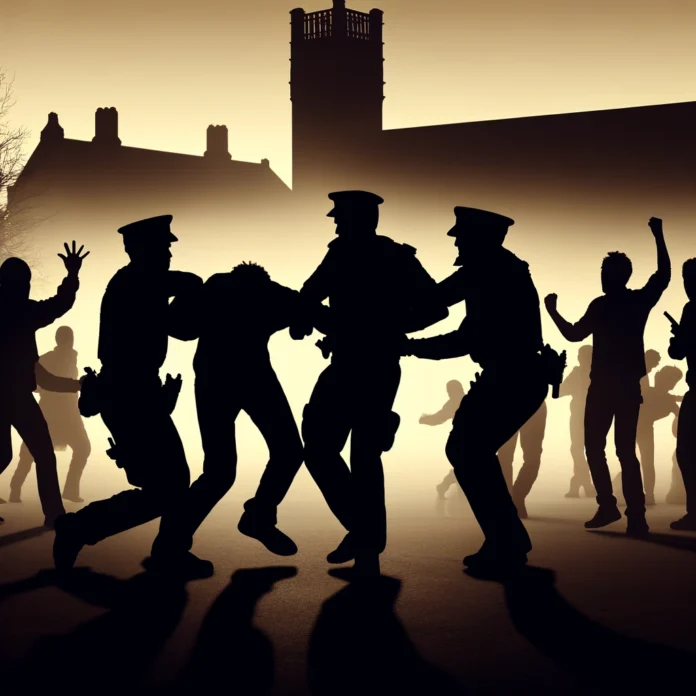At New York University (NYU), tensions peaked with the arrest of numerous protesters following the establishment of a pro-Palestinian encampment. The university, citing safety and security concerns, requested police intervention after attempts to disperse the group failed. Similarly, at Yale University, police arrested approximately 45 protesters for trespassing after they did not comply with orders to vacate the premises. These incidents reflect a pattern where institutions request law enforcement to resolve protest situations that are perceived as disruptive or unsafe.
At Columbia University, the situation has led to changes in class formats and security measures. Following a large protest and subsequent arrests last week, the university has temporarily shifted to hybrid learning models to accommodate safety concerns and ensure educational continuity. Columbia’s President Minouche Shafik expressed deep concern over the campus climate, emphasizing the need to de-escalate tensions and reconsider the approach to campus protests.
Furthermore, MIT has seen its own share of demonstrations, with students demanding a ceasefire in Gaza and criticizing the institution for not taking a firm stance on the conflict. This has sparked a broader debate about the role of academic institutions in political and humanitarian crises.
The closure of Cal Poly Humboldt’s campus, following the occupation of a building by protesters, highlights the serious safety concerns that can arise from such demonstrations. The university’s administration has expressed deep concern for the safety of both protesters and the general campus community.
These incidents have not only disrupted university life but also prompted a broader examination of free speech and security on campuses. They raise questions about how universities can balance the need to safeguard their communities while respecting the right to peaceful protest.
The ongoing situation has also led to interfaith initiatives, such as the hosting of Passover Seders at protest sites, aiming to foster dialogue and understanding among students of different backgrounds. These efforts reflect a desire to find common ground and address conflicts through community and conversation rather than confrontation.
This series of events underscores the challenges faced by institutions in managing campus safety and free expression during times of international conflict. As universities continue to navigate these difficult waters, the coming days will likely require careful consideration of policies and responses to ensure that campuses remain spaces for open dialogue and learning, without compromising the safety and well-being of their inhabitants.








